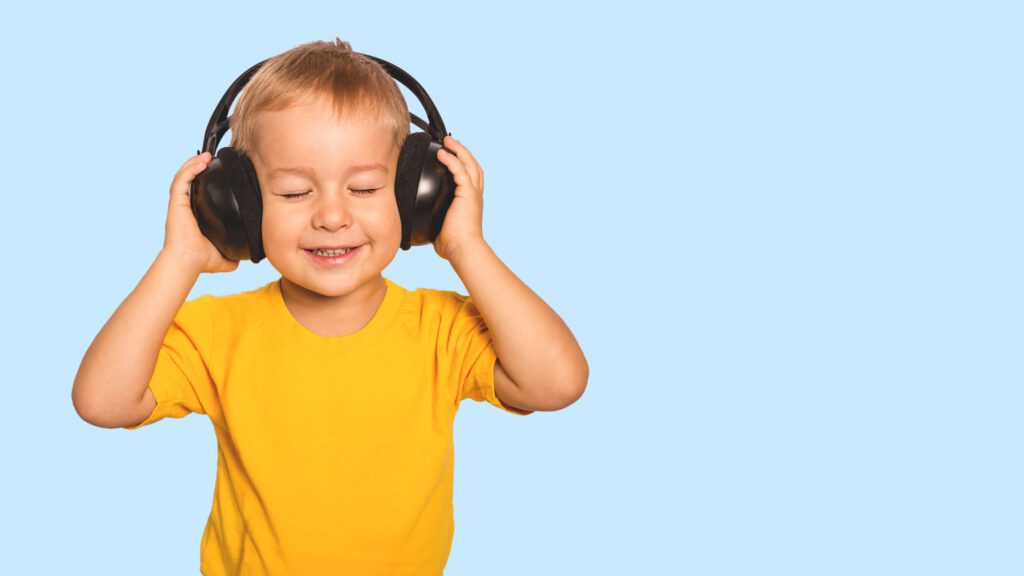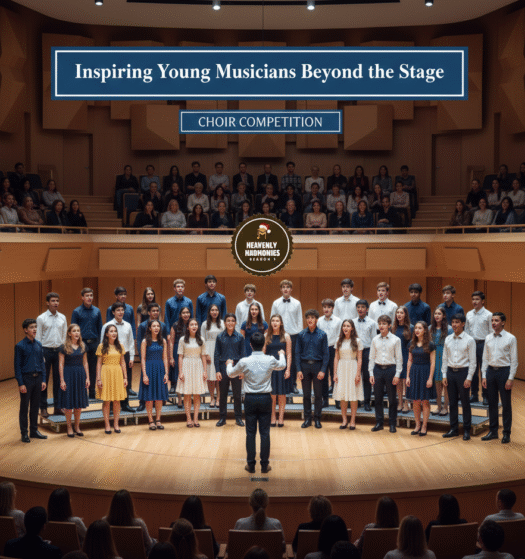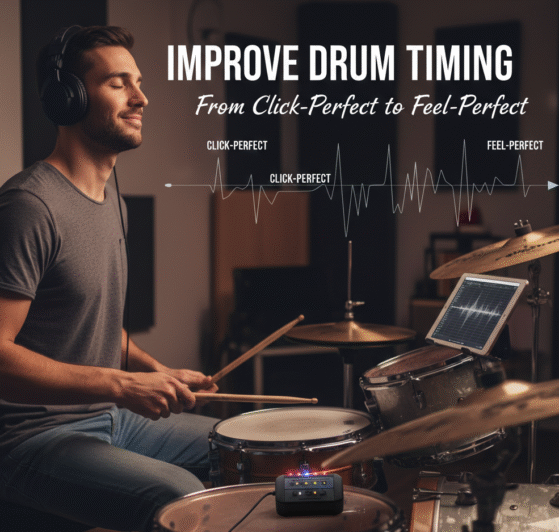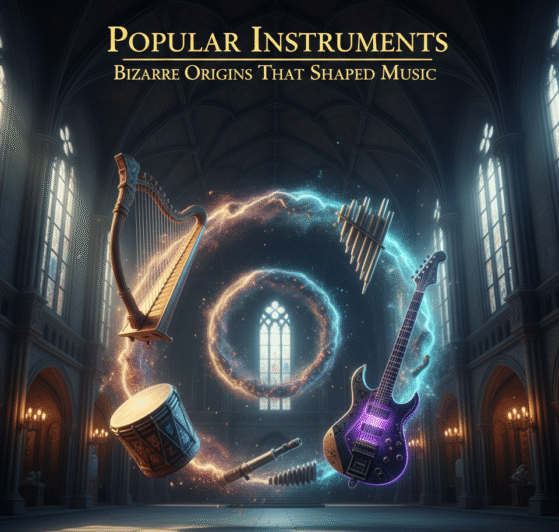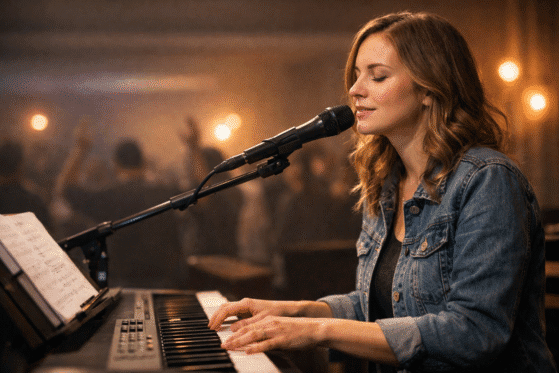The Science Behind Chess, Music & Brain Development in Kids
Backed by decades of neuroscience and child psychology research, the science behind chess music reveals that brain development through chess and music is more than a theory—it’s a proven reality. Both activities significantly enhance memory, concentration, emotional control, and problem-solving in children. Even better? When practiced together, they provide complementary cognitive benefits that help shape a well-rounded, high-performing mind.
This blog explores the science behind it all—and why enrolling your child in either (or both) could be one of the smartest educational choices you make.
🧠 1. Music & Chess Activate Both Sides of the Brain
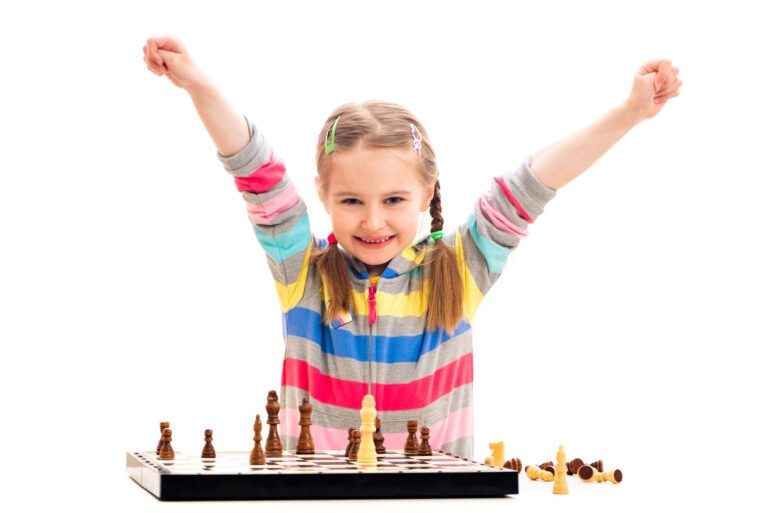
Children who learn music or chess engage both the left and right hemispheres of their brains:
🎵 Music boosts auditory processing, emotional intelligence, and fine motor skills
♟️ Chess enhances logic, spatial reasoning, and strategic thinking
💡 Together, they build interhemispheric communication, which means faster information processing and improved overall cognitive function.
📈 2. Improves IQ and Academic Performance
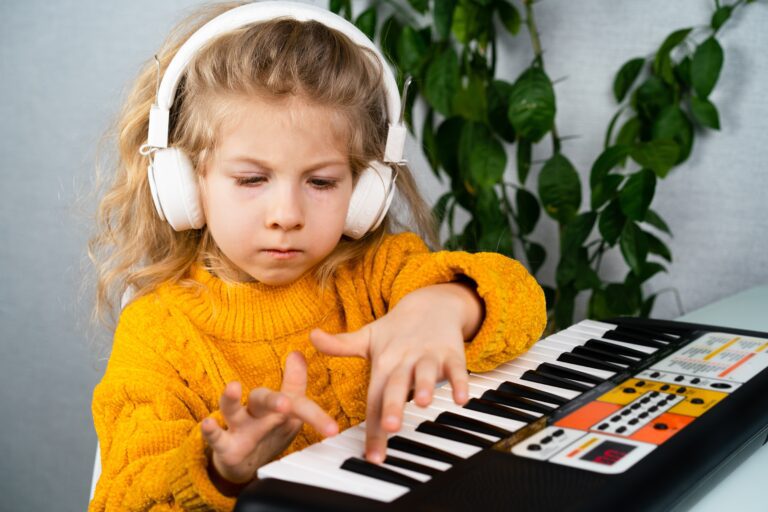
🧪 The Science:
A 2004 study published in Nature found that music training raised IQ scores in young children.
A 1999 study showed that students who played chess performed better in math and reading tests than those who didn’t.
When children practice either art consistently:
- They score higher on standardized tests
- Show better reading fluency and math reasoning
- Are more likely to develop academic confidence
🧠 3. Strengthens Working Memory
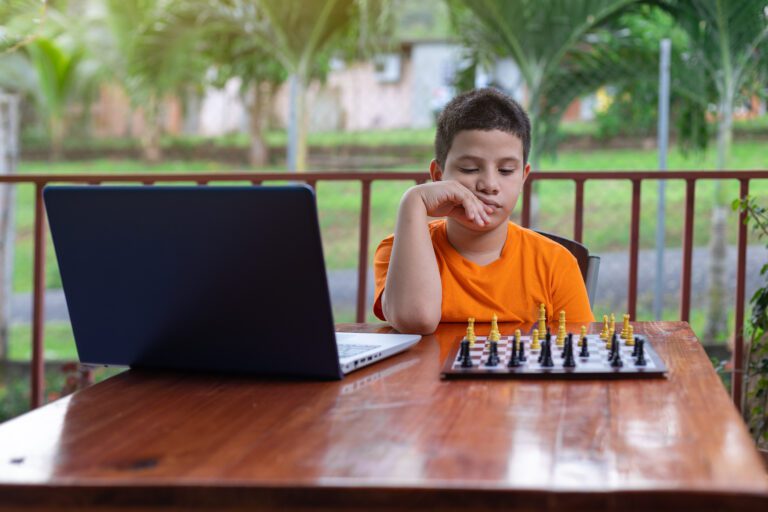
Working memory helps children retain and use information—essential for tasks like reading comprehension, solving math problems, and following instructions.
🎵 Music Trains Memory:
Learning songs, scales, and sheet music improves auditory and sequential memory.
♟️ Chess Strengthens:
Visual memory and the ability to remember previous moves, patterns, and strategies.
A strong working memory leads to better performance inside and outside the classroom.
🔍 4. Enhances Focus and Attention Span

Both music and chess require children to stay present, observe closely, and filter out distractions.
Practicing an instrument demands deep concentration across multiple senses
Chess develops long-term focus and multi-step thinking
📚 In schools, kids trained in music and/or chess are often more attentive, less impulsive, and better at completing tasks.
🧩 5. Encourages Problem Solving and Critical Thinking
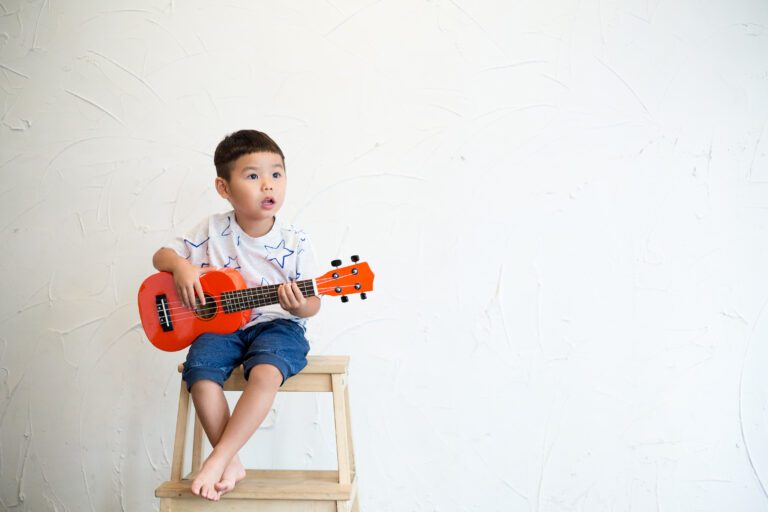
Music and chess help children think strategically and creatively.
In music: figuring out how to play a difficult passage, adjusting dynamics, or improvising
In chess: predicting outcomes, evaluating threats, and adapting to opponents
These activities train the brain to make decisions under pressure, think ahead, and learn from failure—skills essential for real life.
💬 6. Builds Emotional Regulation and Confidence
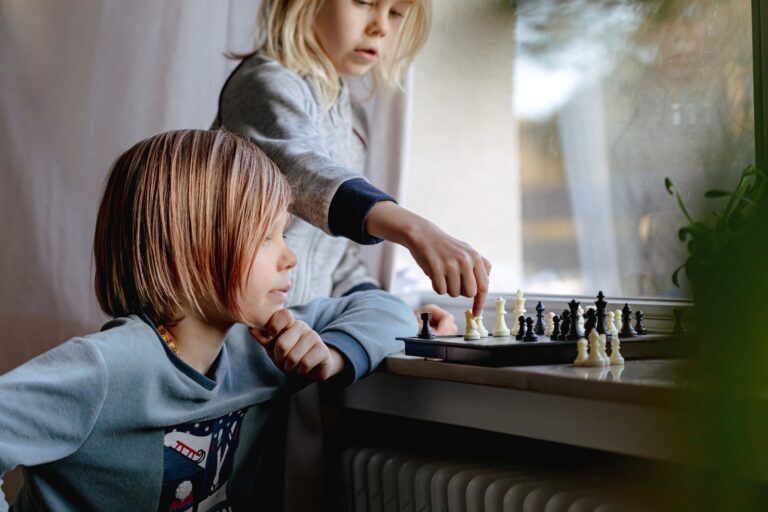
Mastering music or chess takes patience, practice, and persistence. Along the way, children learn to:
- Handle mistakes
- Cope with performance anxiety
- Build resilience through practice
- Develop pride and confidence in their achievements
This results in better emotional control, social development, and higher self-esteem.
🧠 7. Promotes Brain Plasticity
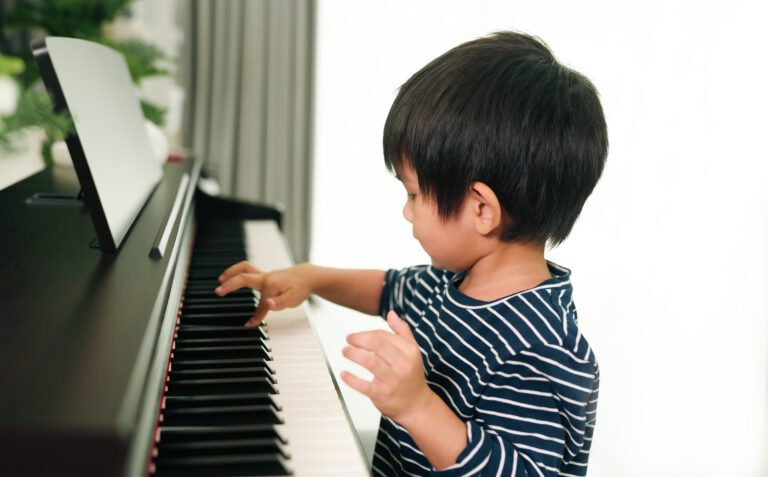
Neuroplasticity is the brain’s ability to form and reorganize connections, especially in response to learning.
Music and chess are two of the best activities to enhance neuroplasticity in children.
Starting early (ages 5–12) shows the most dramatic effects in long-term mental agility.
Children who practice these skills often show faster cognitive recovery from setbacks and are better lifelong learners.
🎓 At The Mystic Keys – Music That Builds Minds
At The Mystic Keys, we combine the art of music with the science of brain development.
Whether your child is 5 or 15, our one-on-one Zoom lessons are built to:
- Develop strong musical and cognitive foundations
- Improve memory, focus, discipline, and confidence
- Prepare for Trinity College London certifications
- Offer recordings, notes, and personalized feedback
- Teach Keyboard, Piano, Guitar, Drums, Singing, and Theory
Our expert teachers don’t just train musicians—they shape thinkers and achievers.
🧠 Final Thought: Train the Brain, Shape the Future
Music and chess aren’t just hobbies—they’re brain-shaping powerhouses.
The science behind chess music shows that these two disciplines unlock remarkable benefits for growing minds.
By encouraging your child to explore either (or both), you give them:
The mental edge in academics
Greater emotional strength
A tool for creative and analytical development
These are not short-term gains. The cognitive muscles built through music and chess will support your child’s growth for life.
🎵 ♟️ Smart minds aren’t born. They’re trained.
For more information and exciting resources about learning music, visit our website at The Mystic Keys. For more music content and exciting offers follow us on
Facebook, Instagram, YouTube, LinkedIn, Twitter, Pinterest, and Threads,
Related Blogs
Music Theory Guide For Beginner’s
This Music Theory Guide is perfect for beginners who want to understand how music works—from notes and scales to chords and rhythm. It lays a strong foundation that helps musicians of all levels gain clarity and confidence in their playing, composing, or singing.
The Best Way to Train Your Ear for Music
A well-trained ear is one of the most valuable tools any musician can have. Whether you’re a singer, instrumentalist, producer, or composer, your ability to recognize pitch, rhythm, harmony, and melody will significantly enhance your creativity and confidence.
The voice is an incredible gift. It’s how we sing, teach, inspire, and connect. But like any instrument, it needs proper care to remain strong, clear, and resilient. Vocal strain is a common challenge faced not only by singers, but also by teachers, speakers, coaches, content creators—anyone who relies on their voice daily.


